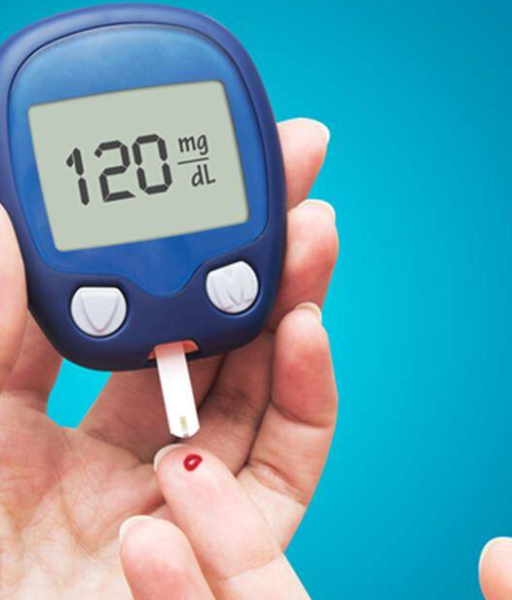Why is Typhoid Conducted?
Typhoid is caused by the ingestion of food or water contaminated with the bacterium Salmonella Typhi, usually due to poor sanitation and hygiene practices. It spreads through fecal matter from an infected person, leading to severe illness if untreated.
How is Typhoid performed?
Typhoid spreads through the ingestion of food or water contaminated with Salmonella Typhi bacteria. It enters the body, multiplies in the intestines, and then spreads to the bloodstream, causing systemic infection.




